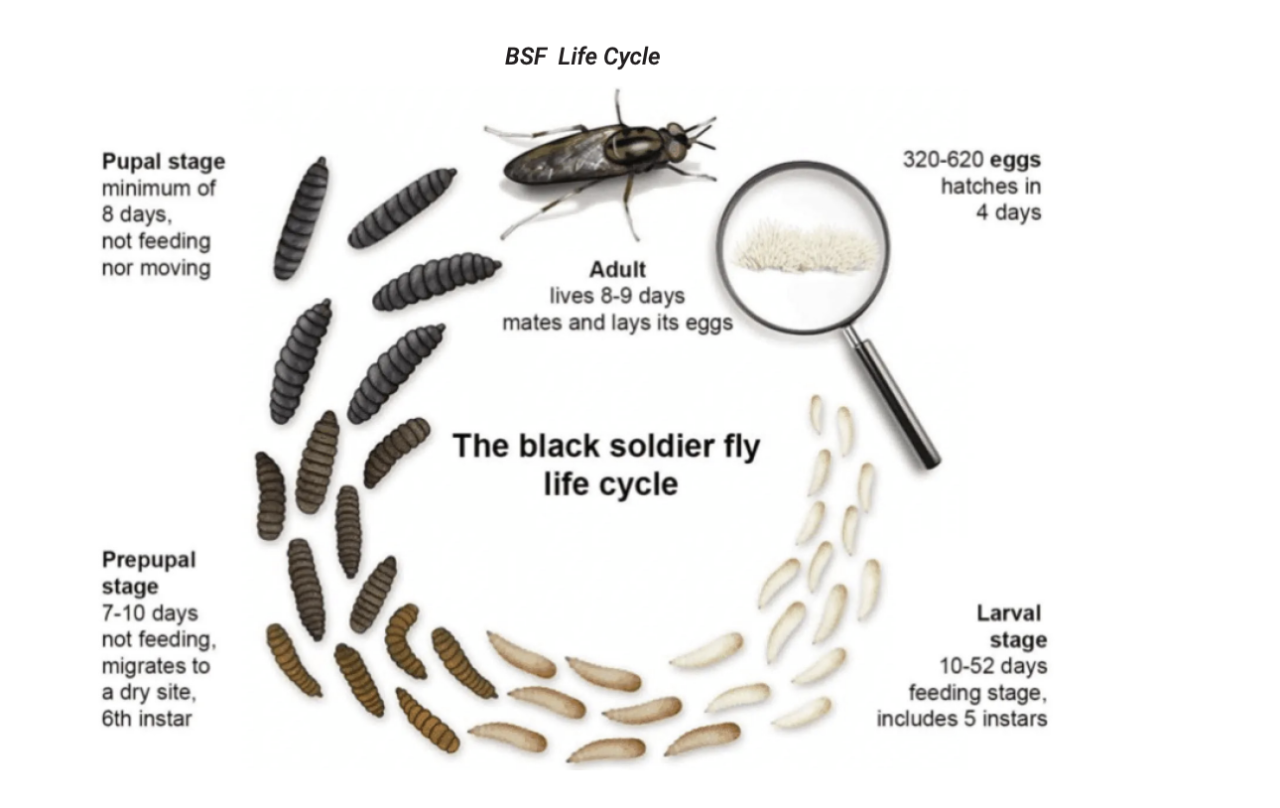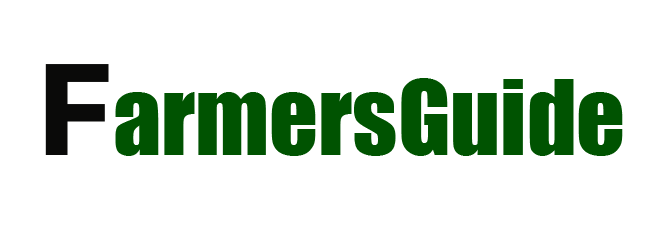Join Our Black Soldier Fly (BSF) Farming Training to Reduce Feed Costs and Boost Farm Sustainability

Join Our Black Soldier Fly (BSF) Farming Training – Cut Down Feed Costs for Poultry, Pigs, and Fish!
Are you searching for an effective way to reduce your animal feed costs while maintaining sustainable farming practices? Look no further! Black Soldier Fly (BSF) farming is the ultimate solution for transforming waste into valuable feed for your poultry, pigs, and fish.
BSF farming utilizes the Black Soldier Fly’s rapid life cycle to produce high-protein larvae, an excellent feed option for a variety of animals. Our training program will show you exactly how to implement this cost-effective and sustainable system on your farm.
What is BSF Farming?
Black Soldier Fly farming involves using the larvae of the fly to convert organic waste—such as food scraps and manure—into protein-rich feed for livestock. These larvae are packed with essential nutrients that your poultry, pigs, and fish need to thrive.
By integrating BSF farming into your farm, you can significantly cut down on your reliance on expensive commercial feeds, providing a more sustainable and affordable feeding option.
Economic and Social Benefits of BSF Farming
BSF farming offers several economic and social benefits. The larvae serve as an excellent alternative to commercial feeds, while BSF frass, a byproduct of the larvae, can be used as high-quality fertilizer. This practice not only reduces feed costs but also minimizes the need for waste disposal by repurposing organic materials.
In the long term, small-scale farmers can boost their competitiveness in local markets by reducing production costs. BSF farming also enhances resilience to global supply chain disruptions and climate-related challenges.
Why Should You Join Our Training?
Learning BSF farming is a great opportunity to:
- Cut down on animal feed costs by producing your own high-quality feed.
- Contribute to a greener environment by recycling waste.
- Gain practical skills to implement BSF farming on any scale—whether you're running a small farm or a large commercial operation.
Imagine turning kitchen scraps, fruit peels, and farm waste into nutritious feed! Plus, BSF farming requires minimal maintenance and can easily scale to meet your farm's needs.
Training Program Details
Our BSF farming training lasts 15 days (Monday to Friday, excluding weekends). You’ll receive educational materials including articles, videos, images, and PDFs, and will have ongoing access to a discussion group for questions and support.
Training Schedule
Day 1: Introduction to Black Soldier Fly (BSF)
Overview of BSF and its advantages in farming.
Day 2: Understanding the BSF Life Cycle
Explore the stages of growth: egg, larvae, pupae, and adult.
Day 3: Tools and Equipment for BSF Production
Essential tools and materials for rearing BSF.
Day 4: Setting Up BSF Rearing Structures and Greenhouse
Building and designing cages and enclosures.
Day 5: Wastes for BSF & Substrate Preparation
Finding organic waste materials and preparing substrates for feeding BSF.
Day 6: Getting Started with Initial Stock
Sourcing and acquiring your first BSF eggs or larvae.
Day 7: Feeding and Rearing BSF Larvae
Learn proper feeding and care for the larvae.
Day 8: Harvesting BSF Eggs
Techniques for collecting eggs and starting the production process.
Day 10: Harvesting BSF Larvae for Feeding Livestock
Best practices for harvesting larvae as feed or for sale.
Day 11: The Breeding Cage and Breeding the Larvae
Design and management of breeding cycles for continuous production.
Day 12: Dealing with Pests and Threats
Common pests and diseases and how to control them.
Day 13: Making Frass Fertilizer from BSF Byproducts
Turn BSF byproducts into valuable organic fertilizer.
Day 14: Cost-Benefit Analysis of BSF Production
Evaluate the costs and profits of running a BSF farm.
Day 15: Conclusion and Sustainability
Recap of key learning points and the future of BSF farming as a sustainable protein source.
Sustainability in BSF Farming
Insect farming is inherently more efficient and sustainable compared to traditional livestock farming. Insects convert nutrients into body mass 4 to 10 times more efficiently than pigs, poultry, or cattle. BSF larvae can feed on a wide range of organic waste, turning it into protein-rich feed.
Insect farming also requires less space, water, and energy, and has a lower greenhouse gas emission footprint. This makes it a sustainable solution to meet the growing global demand for protein.
Join Us for BSF Farming Training!
Take the first step toward transforming your farm and making it more sustainable. Our Black Soldier Fly (BSF) farming training will equip you with all the knowledge and skills you need to start producing your own feed. Don’t miss out on this opportunity—sign up today!

